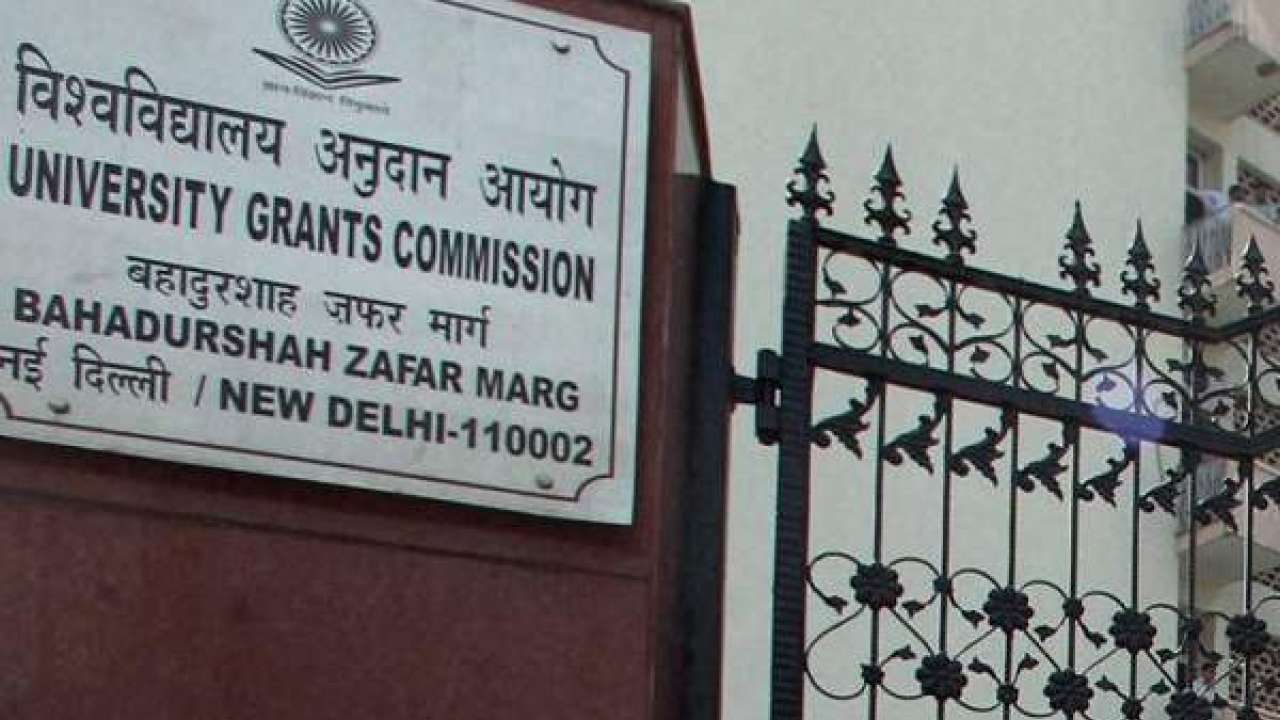It seems our academic bureaucrats and policy makers have forgotten the basic truth about the experience of learning and unlearning—wonder and awakening, or critical thinking and creative imagination. Or is it that they think that there is nothing beyond hard/technical/’objective’ facts, and every question that confronts a learner ought to have only one ‘correct’ answer? What else do you and I notice in the chronic obsession with the MCQ pattern of tests and exams in our times? These days the National Testing Agency seems to have expertized itself in mastering this technique of manufacturing MCQs or ‘objective’ questions. No matter, whether it is aesthetics or commerce, physics or literature, General Knowledge or philosophy, everything, we are told, can be reduced into a set of technically defined, measurable, factual and ‘objective’ questions. It is everywhere: from all sorts of entrance tests to competitive exams, or from the National Eligibility Test to the much-hyped UPSC Prelims. And now the CBSE too has decided to use the MCQ pattern in the Class X Board Exam. Imagine the spread of this pathology!
I am a teacher. And I wish to question the popularization of this sort of standardized tests characterized by the MCQ pattern. However, before I begin to put forward my arguments, I need to examine the anatomy of the mindset that normalizes this sickness. To begin with, it is important to understand that we live in an age that loves ‘techniques’ rather than poetic/philosophic wonder, ‘measurable’ data rather than qualitative/immeasurable experiences, ‘certainty’ rather than ambiguity, and ‘objective’ facts rather than ‘subjective’ argumentations and interpretations. Possibly, the techno-capitalist world seeks to consolidate its hegemony through a pattern of education that privileges ‘technical knowledge’ as high status knowledge, and tries to nurture a mind that is ‘fast’, ‘efficient’ and ‘smart’ in recalling facts, statistics, theorems, and laws to ‘solve’ all sorts of technical puzzles and riddles.
This craving for instantaneity and technical intelligence, it seems, cannot afford to promote a qualitatively different kind of education that encourages a relaxed/reflexive/meditative mind. Furthermore, as the obsession with numbers or measurement begins to shape our orientation to life, it is assumed that everything has to fit itself in a tight box. In the eyes of a doctor, you are your measurable blood pressure or blood sugar; likewise, in the eyes of a techno-bureaucrat, you are your JEE or GMAT score. Not surprisingly then, standardized tests and exams must ‘measure’ accurately your knowledge in science, mathematics, history or literature, and select and eliminate people ‘objectively’. It is possible only when the machine eliminates the possibility of argumentative and interpretative answers which are beyond ‘yes’ or ‘no’. Hence, to take a simple illustration, a school student must know and recall the year when Rabindranath Tagore was awarded with the Nobel Prize for literature; it is not so important whether Tagore’s poetry enchants her, and she has something interesting to say about it. Likewise, a typical UPSC aspirant must spend sleepless nights to memorize a set of discrete facts—say, the names of the National Film Award winners in 2020, or the name of the Wimbledon winner in the Women’s Singles in 2021, or the name of the author of Gun Island. But then, it is not all required to understand the aesthetics of film making, appreciate the art of tennis, or study Amitav Ghosh with great care. Because you know that it is only your knowledge of discrete and ‘objective’ facts matter in this sort of examination. And the system doesn’t need a teacher or an educator to evaluate you; everything is programmed. And the computer does it so quickly and efficiently. Is it that the educational scenario is fast becoming like Amitabh Bachchan’s Kaun Banega Crorepati?
Well, for the perpetuators of the system, it is not difficult to propagate the ‘advantages’ or ‘benefits’ of this sort of MCQ pattern of examination. It is seen to ne ‘objective’ (none can dispute the fact that Mahatma Gandhi wrote Hind Swaraj); it eliminates the possibility of the ‘subjective’ bias of the examiner( if you ask a student to write an essay on Hind Swaraj, ‘Marxist’/’Ambedkarite’/’Gandhian’ teachers might see the same answer in three different ways, and hence, it is better to eliminate ‘biased’ thoughts, reflections and perspectives, and allow the programmed software to verify the ‘correctness’ of the ‘hard’ fact—say, the year of publication of Hind Swaraj); it can easily ‘measure’ one’s knowledge with absolute ‘accuracy’, and hence, the way it selects and eliminates people is ‘scientific’; and above all, it saves time (reading a 1000-word essay requires lot of time; but when every question has only one ‘correct’ answer, we can move faster).
Yet, if we dare to think deeply and critically, and acquire the courage and conviction to problematize this obsession with ‘objective’ tests, we would realize that we are causing a great damage to the spirit of learning, critical thinking, power of argumentation and interpretation, and creative imagination. In the age of ‘objective’/MCQ pattern of exams—and that too in a society like ours obsessed with 100% marks in board exams, how can a teacher persuade a student to read a poem or a short story with great care? With her ‘pragmatism’, the young student, far from walking with Kamala Das or Munishi Premchand, and reflecting deeply on their creations, would rather memorize a set of discrete facts—the year of publication of the text, or the meaning of a particular word or metaphor. ‘Facts’ will triumph over creative imagination, expressive articulation and literary sensibilities. Or, for that matter, why should the student or the teacher feel the need of exploring Physics with wonder, new questions and experiments, when ‘smart’ guide books or fancy coaching centres can instruct her how to solve a numerical by memorizing the appropriate technique? In fact, if we discourage creative articulation and expression, or critical thinking in the name of quick and instant ‘knowledge capsules’, we would kill the very spirit of learning. We would transform our children into robotic and ‘efficient’ performers; and they would eventually lose the language to describe, understand and interpret the world –its complexity, its multiple layers, its possibilities, its contradictions. To lose the language of thinking and imagination is to lose one’s humanity.
Is it a conspiracy? Is it an attempt to kill the spark of creativity, subjectivity, reflexivity, imagination and critical thinking right from the day the child enters the school? After all, we should not forget that techno-fascism needs programmed machines, not creative/unpredictable/imaginative thinkers and wanderers.
Is it the time to be aware of this danger?
Avijit Pathak is Professor of Sociology at JNU.













